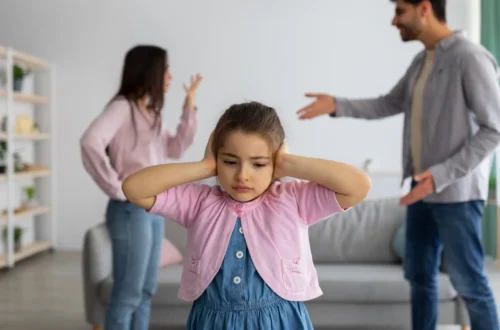Talking about mental health has never been more important. For too long, conversations around anxiety, depression, and emotional well-being have been avoided, leaving many people to suffer in silence. This silence creates stigma, prevents early intervention, and makes it harder for individuals to seek the support they truly need.
By breaking the silence, we open doors to healing, connection, and stronger communities. Honest conversations about mental health not only reduce shame but also encourage resilience, compassion, and awareness. In this article, we’ll explore why talking about mental health matters more than ever—and how you can be part of the change.
Why Talking About Mental Health Matters
Open conversations about mental health are not just personal choices—they’re societal necessities. Here’s why:
1. Reduces Stigma
When we openly discuss mental health, we challenge misconceptions that it’s a weakness or something to be ashamed of. Awareness campaigns and everyday conversations chip away at harmful stereotypes, making it easier for people to seek help.
2. Encourages Help-Seeking
Many people delay getting support because they fear being judged. Talking about mental health normalizes therapy, counseling, and medication as valid tools for well-being.
3. Builds Stronger Communities
Communities where people feel safe discussing mental health foster empathy, compassion, and mutual support. This creates healthier schools, workplaces, and families.
4. Saves Lives
Suicide is often linked to untreated mental illness. Normalizing these conversations provides pathways to help before crises occur.
The Cost of Silence
Silence around mental health has devastating consequences.
- Delayed Treatment: Many conditions worsen when left untreated.
- Isolation: Sufferers feel alone, increasing feelings of hopelessness.
- Workplace Strain: Productivity, creativity, and morale drop when mental health issues are hidden.
- Generational Impact: Children growing up in environments where mental health is ignored may repeat these patterns.
Ignoring mental health doesn’t make it disappear—it makes it harder to manage.
How to Break the Silence
You don’t need to be a professional to make a difference. Small steps can shift cultures and save lives.
1. Start Conversations at Home
Ask loved ones how they’re really doing. Be open about your own struggles to create trust and safety.
2. Encourage Openness at Work and School
Advocate for mental health policies, awareness days, and wellness programs. Encourage leaders to set an example.
3. Share Stories to Inspire Others
Whether through social media, blogs, or casual talks, personal stories help others feel less alone. Vulnerability creates connection.
4. Use Non-Judgmental Language
Avoid dismissive phrases like “just get over it.” Instead, listen actively and respond with empathy.
5. Promote Professional Support
Normalize therapy and counseling as forms of strength—not weakness.
The Role of Media and Community
Media and communities play a powerful role in shaping attitudes about mental health.
- Media Representation: When TV shows, films, and influencers portray mental health struggles realistically, stigma decreases.
- Community Programs: Support groups, workshops, and awareness events create safe spaces for open dialogue.
- Digital Platforms: Online communities can provide global support networks for those who feel isolated.
Moving Toward a Culture of Openness
Imagine a world where mental health is discussed as naturally as physical health. Where saying “I’m going to therapy” is as normal as saying “I’m going to the gym.”
This culture of openness is possible—but it requires collective effort. By teaching children about emotions, supporting colleagues, and sharing stories, we normalize the reality that mental health is part of health.
Conclusion
Silence around mental health only fuels stigma, fear, and isolation. By openly talking about mental health, we create space for understanding, compassion, and healing. Every conversation matters—whether it’s checking in on a friend, sharing your own story, or encouraging someone to seek help.
The truth is simple: the more we normalize mental health discussions, the stronger and healthier our communities become. Breaking the silence is not just an act of courage—it’s a step toward collective well-being.
So let’s start the conversation today. Speak up, listen with empathy, and be part of a world where no one has to struggle alone.
For further reading, visit Mental Health Foundation – Talking about Mental Health.
Want more science-backed mental health guides?
👉 Subscribe to LivingWisdomNow for weekly articles on resilience, self-care, and emotional growth.
FAQ
Q: Why is talking about mental health important?
It reduces stigma, encourages help-seeking, and builds healthier communities.
Q: How can I start a mental health conversation?
Ask open-ended questions, listen without judgment, and share your own experiences.
Q: What happens if we don’t talk about mental health?
Silence increases stigma, delays treatment, and worsens isolation.
Q: Can talking about mental health really save lives?
Yes—open conversations provide pathways to support before crises escalate.
Q: How can workplaces support mental health conversations?
Through awareness campaigns, policies, and leadership that models openness.






One comment on “Talking About Mental Health: 7 Ways It Improves Well-Being”